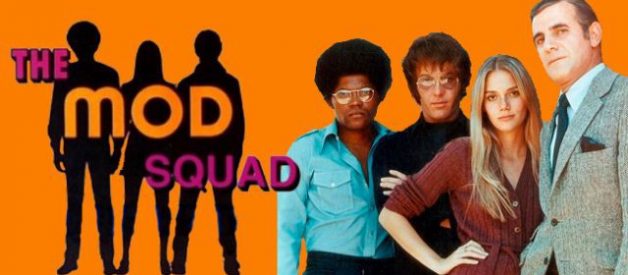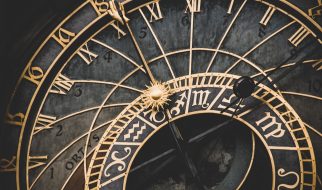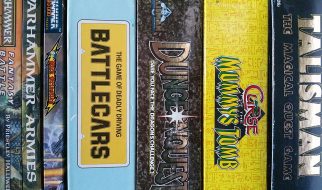A Classic TV Retrospective On One Of TV?s Top Male Icons
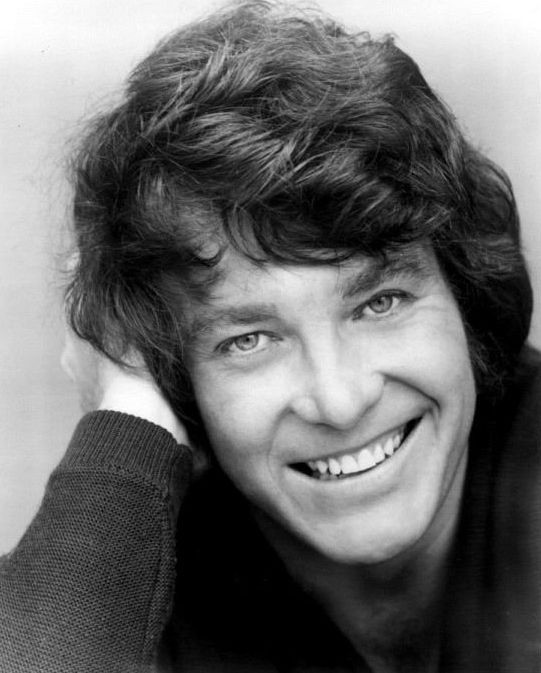
Michael Cole?s role as Pete Cochran on the classic TV series, The Mod Squad was party to genius casting on the show that presented fellow leading performers Clarence Williams III (Lincoln ?Linc? Hayes) and Peggy Lipton (Julie Barnes), alongside stellar support from by Tige Andrews (Captain Adam Greer).
As a result, the series, which originally aired on ABC from 1968?1973 became one of TV?s most popular police/detective shows. Executive produced by Aaron Spelling, Mod featured a trio of hip, young, hot police officers (?one white, one black, one blonde,? as designated by the promotional tag). The charismatic combination of these actors was ?solid? (as Linc might have said), as they delivered the goods, sometimes with just a subtle glance, and without saying a word. As Michael Cole explained, such silent moments spoke volumes:
?I don?t know how that happens across the board, but with The Mod Squad, it was due to Aaron Spelling?s astuteness for casting. When you have the kind of mutual respect that myself, Clarence, Peggy, and Tige shared?with the rest of the cast, the writers, producers, directors, all the way up to and including Aaron?sometimes character dialogue gets in the way. If a show is written well?and Mod Squad was?if it?s clear that the characters do love one another?which Pete, Linc, Julie and the Captain did?you don?t need a lot of words.?
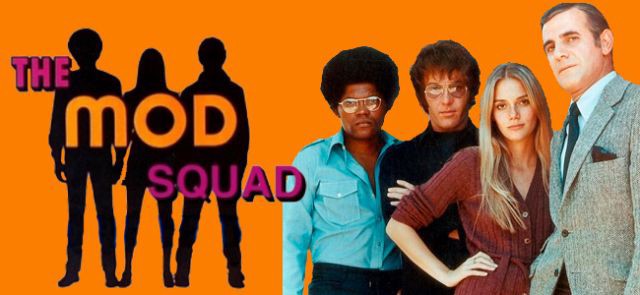 The historic logo and cast on The Mod Squad. From left: Clarence Williams III, Michael Cole, Peggy Lipton and Tige Andrews.
The historic logo and cast on The Mod Squad. From left: Clarence Williams III, Michael Cole, Peggy Lipton and Tige Andrews.
Born Michael Charles Cole on July 3, 1940, in Madison, Wisconsin, into a working-class neighborhood, the actor was raised by a single mother, Kathleen Hyland, who also gave birth to his siblings Ted, Colleen, and Deborah. He attended East High School in Madison, quit in ninth grade, and tended bar in Las Vegas before turning to acting. When cast in Squad, he couldn?t afford an apartment and slept under the Hollywood Freeway near the corner of Sunset and Gower. He later took a bed in Lee Strasberg?s Actors? Studio, where he learned, worked, and literally lived the theatrical technique of ?method acting? (originated by Constantin Stanislavski, by which the student mystically transforms into or attempts to become his or her fictional character).
Cole, who had also studied with the Estelle Harmon Actors Workshop, and lived for a time in Spelling?s home, had a ?tough? upbringing, similar to his Mod character Pete Cochran. ?That?s essentially what my life was,? he said. ?It?s like I was born to play Pete. Everything about his life was mine, except that he grew up in Beverly Hills, and I did not. Everything that transpired in my life seemed to prepare me to play him on The Mod Squad as if it was destined to happen.?
Cole had always admired the opening credit sequences from two TV shows: The Fugitive, when the train crashes and David Jansen (as Dr. Richard Kimble) escapes, and Squad, which was stylishly accented with riveting background music, as Pete, Linc and Julie run separately and desperately down an abandoned dark pathway until they finally connect. Cole addresses the latter:
?When we needed an opening for The Mod Squad, Aaron hopped on his studio golf cart for weeks, running around the Paramount lot [where the show was filmed].?
Finally, Cole saw this area where different sets were stored. Out of the creative blue, one particular set caught his eye, and he told his set team, ?That?s it! Clear this area out. Water it down, and light it real dark.? Although I don?t know how you light something dark?but they did. And that became the set we used for [the] opening credit sequence. Combined with the music, it was magic.
Cole?s ?natural? method of acting came into perfect play for Cochran?s historic running-sequences. ?I, as an actor, was running away from myself,? he said, ?because I was so unhappy at that point in my life. I grew up without a family and wasn?t close with any of them. And Clarence had his story and Peg had hers? [regarding motivation and interpretation for their own running sequences as Linc and Julie].
Today, Cole has millions of fans which he calls ?friends? ? a global family who were inadvertently spawned from a once-painful real-life childhood that blossomed into unforeseen beauty by way of The Mod Squad, somehow healing personal rifts in the process and making everyone, off-screen and on, intimate friends or distant fans.
?It makes me want to cry,? he said.
The sensitive actor thought it would be truer to the Mod characters if they refrained from carrying guns and suggested the idea to Spelling. In the 1970s, while on hiatus of The Mod Squad?s second season, Cole was injured in a car accident and nearly severed an eyelid (and still has the scar). He maintains a close friendship with Williams and was devastated when Lipton died of colon cancer (on May 11, 2019), while all three Mod Squad leading performers were close with Andrews (who died January 27, 2007).
Cole has one daughter, Jennifer Holly Cole, from an early first marriage, and later wed Shelley Funes (on February 25, 1996). Besides his regular role on Squad, Cole made guest appearances on TV shows like Wonder Woman, The Love Boat, CHiPs, Murder, She Wrote, Fantasy Island, and Diagnosis Murder, and several TV-movies.
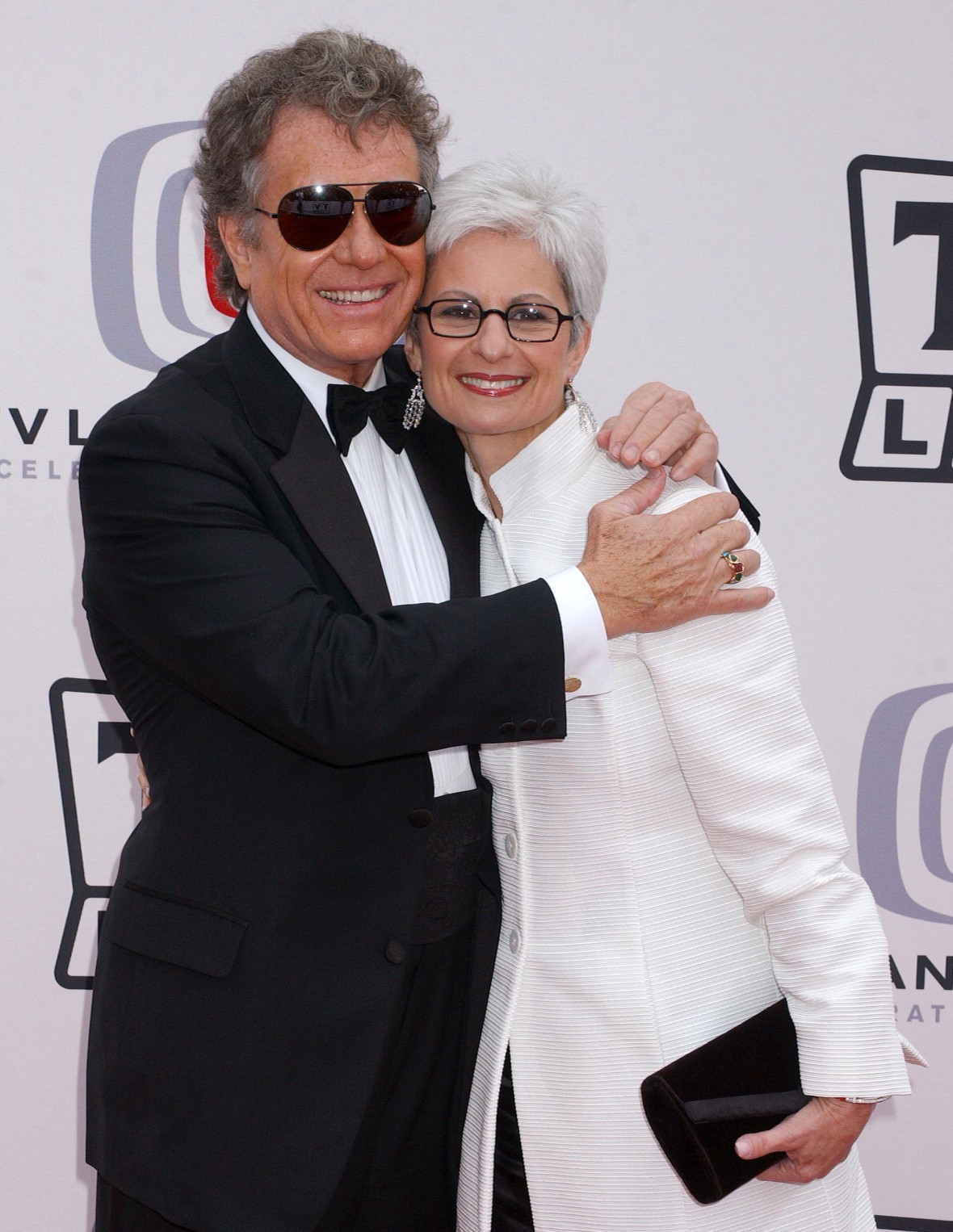
In 1987 the actor secluded himself in a cabin in the Santa Monica Mountains where he was ?hiding and at the same time looking for myself.? After struggling with alcoholism, Cole was treated at the Betty Ford Clinic in the early 1990s and then performed on TV?s ER and in films like Mr. Brooks (2007).
Yet, it?s his work on Squad that he treasures most. Although he doesn?t have ?any episodes that are not favorites,? a few stand out, including a Christmas story in which Pete Cochran cared for the child of a friend, and another in which Captain Greer was shot, and Linc had to remove the bullet. Here, Linc perspires, and Pete reaches for a cloth to wipe the sweat from Linc?s eyes.
During Squad?s original airing in the mid-?60s and early ?70s, ABC executives were concerned that such visual biracial bonding would upset viewers, one of whom wrote the network and complained, ?How could a white man mop a black man?s brow??
Neither Cole nor Williams could have cared less about such narrow-minded thinking. In fact, they were thrilled. ?I knew we had a hit show when we started to get hate mail,? says Cole, who in 2018, authored an acclaimed memoir, I PLAYED THE WHITE GUY. ?That meant we were on the right track.? Upon learning of that one particularly despicable letter, he ?screamed at the top of my lungs.?
?Yes!? Cole heralded. ?What we?re doing is right!?
?It was a very proud moment,? he said.
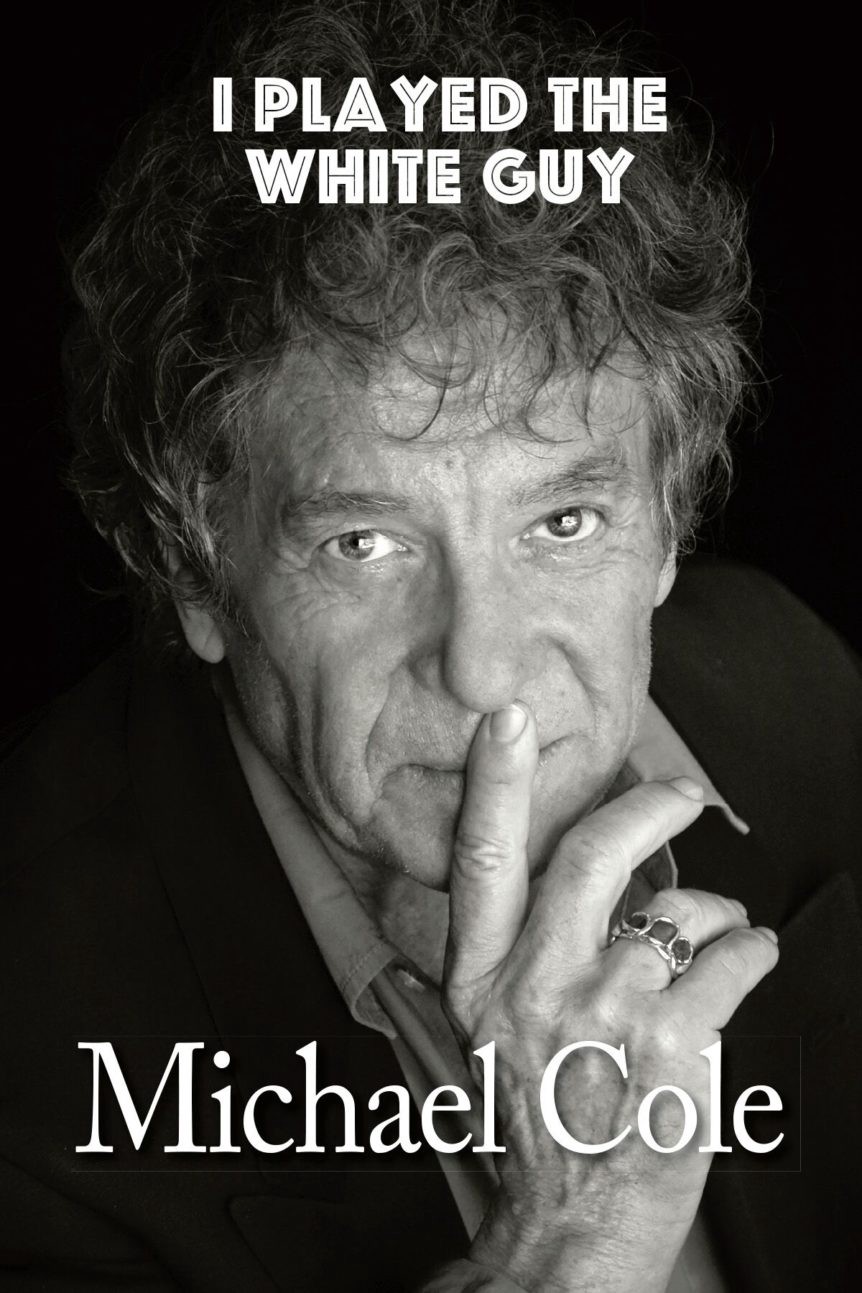 Michael Cole?s compelling memoir, I PLAYED THE WHITE GUY, was published by BearManor Media in 2018
Michael Cole?s compelling memoir, I PLAYED THE WHITE GUY, was published by BearManor Media in 2018
? ? ? ? ? ? ? ? ? ? ? ? ? ? ? ? ? ? ? ? ? ? ? ? ? ? ? ? ? ? ? –
If you have enjoyed this article (which is an edited excerpt from my book, Dashing, Daring and Debonair: TV?s Top Male Icons From The ?50s, ?60s, and ?70s), please recommend, share and follow me here on Medium, where I make a variety of new posts on a regular basis.
If you would like links to new stories sent directly to your inbox, please email me at [email protected]. For any other information, please feel free to visit me at www.HerbieJPilato.com.
